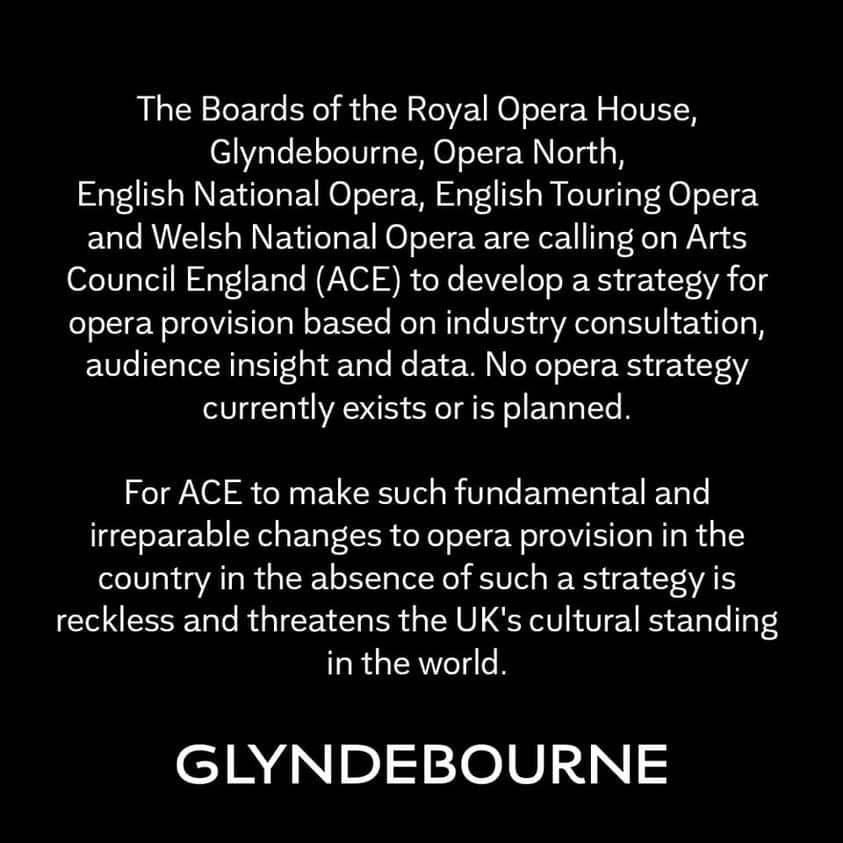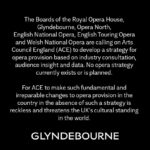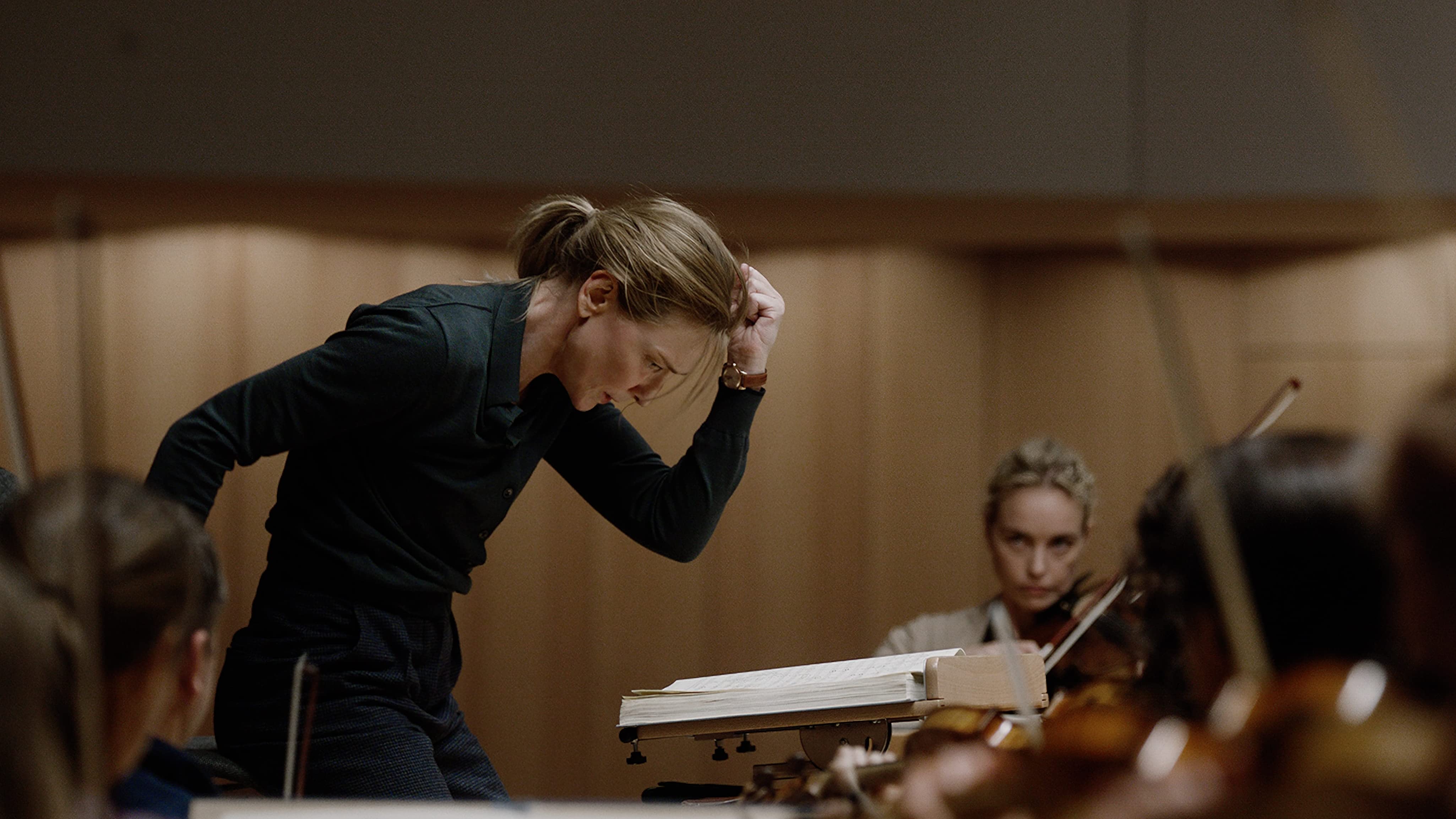Opera houses tell ACE: Get a strategy
OperaThe leading opera houses have issued this challenge to the Arts Council:
We call on Arts Council England and Darren Henley, Arts Council England Chief Executive, to develop an opera strategy, in conversation with audiences and our colleagues across the industry – Royal Opera House, Opera North , English National Opera, English Touring Opera and Welsh National Opera Cenedlaethol Cymru .







Comments